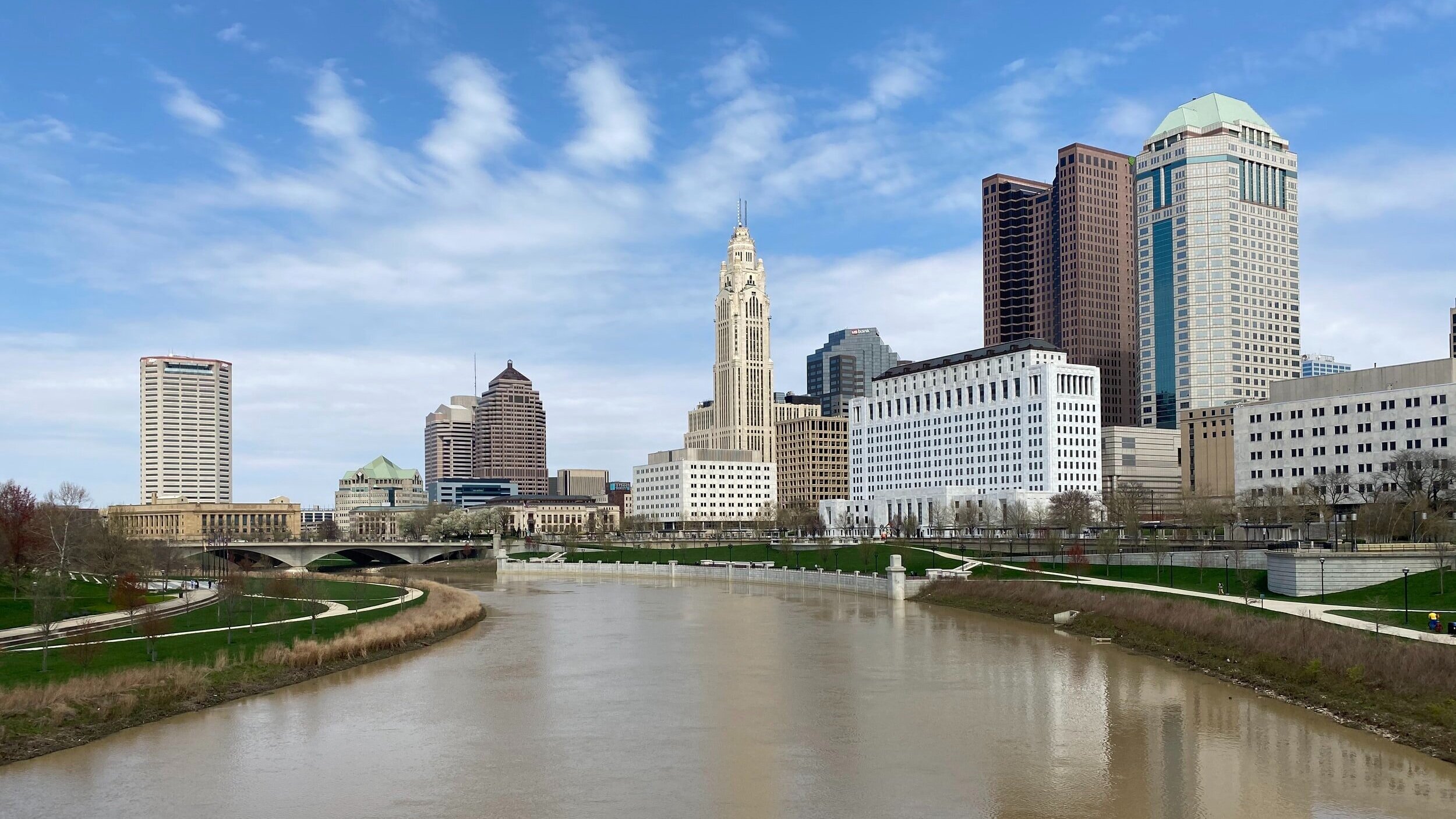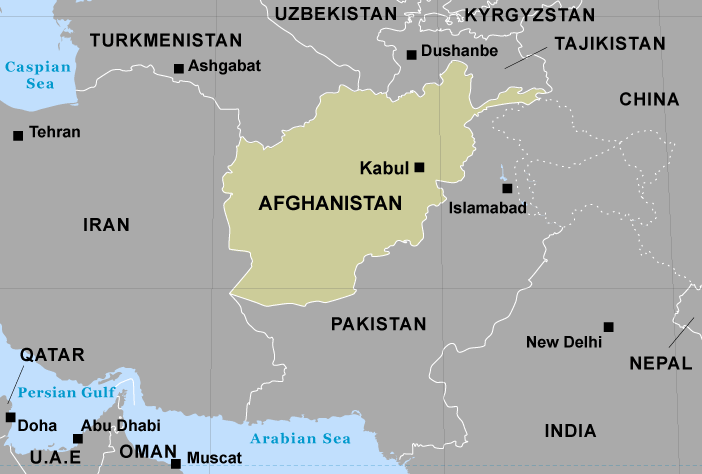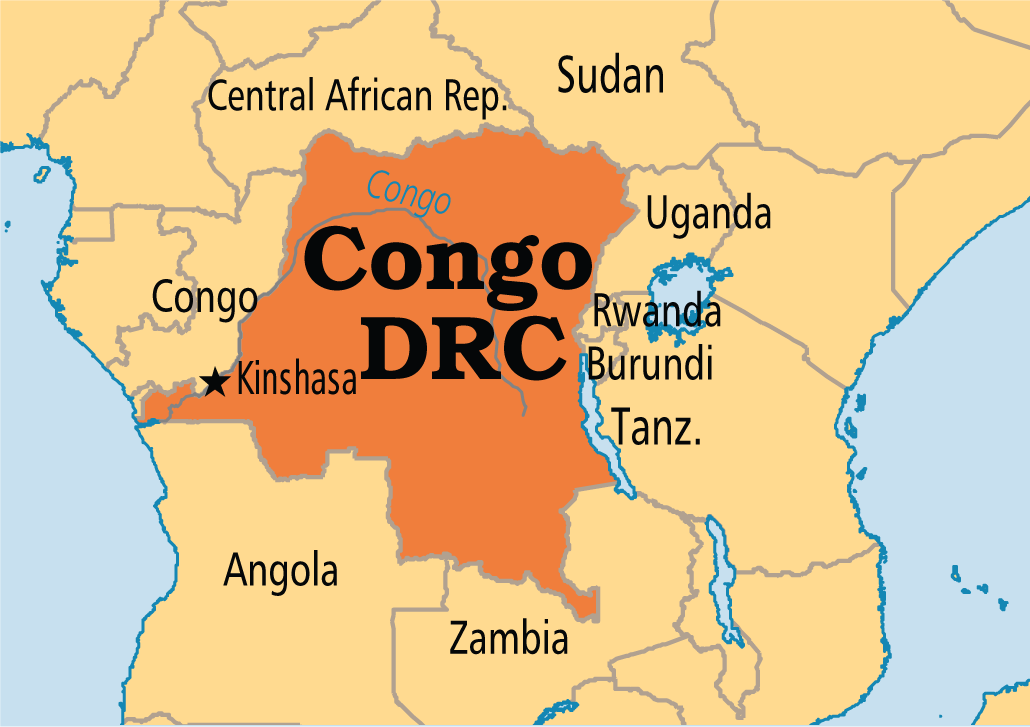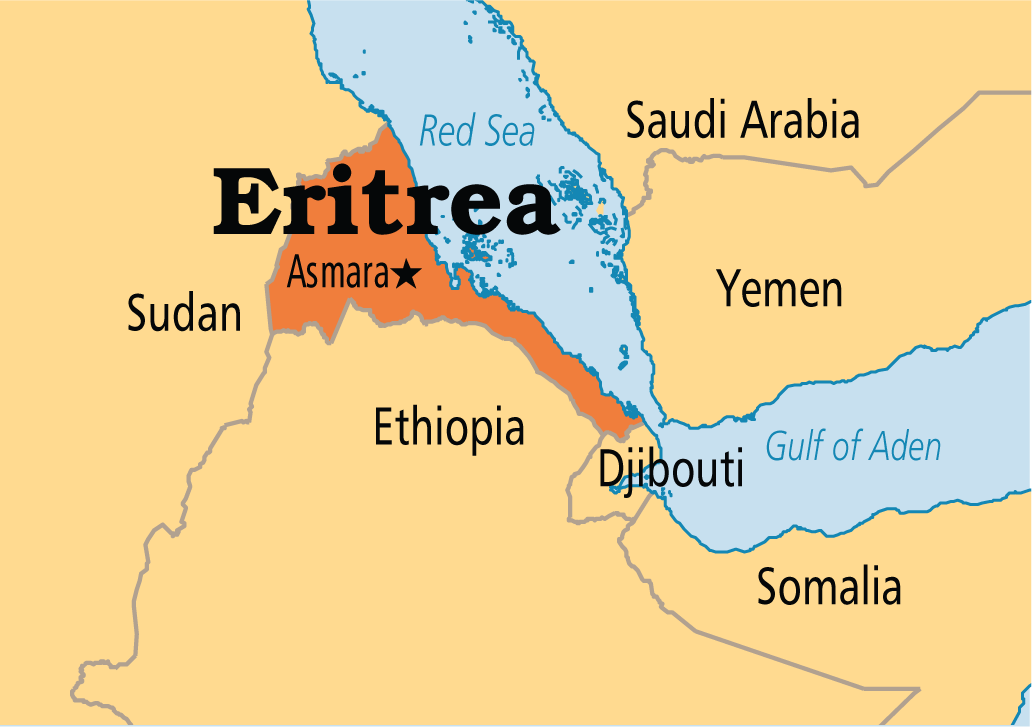
Refugees in Columbus
“Refugees are people fleeing conflict or persecution. They are defined and protected in international law, and must not be expelled or returned to situations where their life and freedom are at risk.”
The refugee populations living in Columbus come to the United States with diverse cultures, but many individuals take on the cultural behaviors of native citizens of the United States. The cultural influence of the United States reaches far around the world, so individuals may already be familiar with certain aspects of life in the United States. Many of these cultures have similarities to the culture here. The guidelines mentioned in this report are mainly the differences these cultures may show when compared to the mainstream culture in the U.S.
CRIS resettles individuals and families from countries all over the world. The following were the top 10 countries of origin for CRIS arrivals in fiscal year 2017. For updated statistics on refugee arrival, go here.
This collection of information is neither perfect nor comprehensive. Each culture is unique and cultural norms are diverse even among individuals from the same group.
The following are general guidelines for interacting with new arrivals across groups:
In general, those that we resettle come from communal cultures. One’s daily life and well-being are closely connected the that of the wider community. The family is often prioritized over the individual, which differs from the preference of the individual found in the United States.
Women may not change their last name after marriage. In some cases, each member of an immediate family may have a different last name, simply because the parents choose last names at the time of birth.
Senior refugees face a unique set of challenges upon arrival in the United States. They often experience isolation if they are not surrounded by a community. In many countries, younger generations care for and highly respect elders. The challenges associated with learning a new language in advanced years of life also contribute to isolation.
Transportation is a major challenge for most individuals/families that we resettle. Most families rely on the bus or rides from family members or friends. Transportation can be a barrier to accessing healthcare, employment, and other social services.
English levels may vary among children and parents. Individual family members may also not have the same level of proficiency in their native language depending on place of birth and time spent in a host country.
Gender roles differ both across and within cultures. Take time to understand and learn about the expectations of those you are interacting with.











